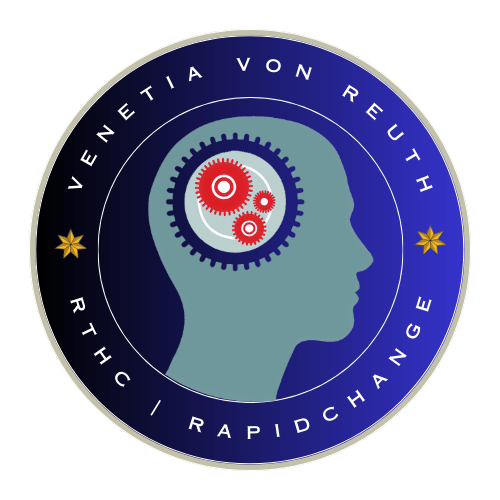How exactly do hypnosis and hypnotherapy differ? People use the terms interchangeably, but they are not synonymous.
Hypnosis is the act of bringing about a passive state of mind in a subject, in a manner that encourages communication with the subconscious mind. You don’t have to be a trained or certified psychotherapist to help a subject achieve a state of hypnosis – you simply need to understand the principles and put them into action.
You can think of hypnotherapy as a progression beyond hypnosis, where practitioners harness the tool for therapeutic purposes. In the hands of an experienced and professional therapist, hypnotherapy can help to break down the damage caused by harmful habits, long-held addictions and emotional stresses.
Hypnosis and Hypnotherapy: Debunking the Myths
Stigmas and misinformation still surround hypnosis and hypnotherapy, even in 2018. The mere mention of hypnosis makes some people think about lost control, involuntary movements and other embarrassments. A lot of these perceptions have been formed from stage hypnosis or in movies and TV shows, where the effects of hypnosis are exaggerated for comic effect.
These myths have prevailed for years, but the reality is that hypnosis is entirely controlled by the subject. Hypnosis is not a sort of deep sleep or unconsciousness as some perceive, but rather a state of altered awareness or relaxed focus. Once you are in this state, an experienced hypnotherapist can help you to focus upon and in many cases permanently rectify the cognitive issues that are holding you back.
How Effective Is Hypnotherapy?
The exact neural mechanisms that make hypnosis and hypnotherapy so successful have been studied for years, and the phenomenon is still under constant investigation.
In short, hypnotherapy works by temporarily suspending the usual mental pathways that form your decision making process. Incoming sensory information is not subjected to your usual thinking patterns, allowing new thoughts and behaviours to be formed.
Damaging and seemingly impossible-to-break thought patterns can be slowly eroded by way of hypnotherapy. Newer and more productive processes can be introduced to replace these thoughts. Hypnosis and hypnotherapy have been shown to effectively treat a range of issues, including various addictions, anxiety and stress, depression, grief, migraines, OCD, PTSD and much more.
Those who have experienced hypnotherapy describe a state of contentment, a heightened ability to recall the past and greater receptiveness to new ideas. Those who have never experienced hypnosis and hypnotherapy should put aside their misgivings and give it a try. The deeper powers of the human mind remain a mystery, but talented therapists can play a major role in helping you unlock your own potential.
Choose Rapid Transformational Therapy
Rapid Transformational Therapy (RTT) combines the most beneficial aspects of hypnosis, hypnotherapy, Neuro-Linguistic Programming, Psychotherapy and Cognitive Behavioural Therapy. RTT can help you to overcome lifestyle setbacks like anxiety, depression, stress, insomnia, eating disorders, substance abuse, low self-esteem, sexual dysfunction and whatever else is preventing you from living your best life.
We are committed to helping every one of our clients in their quest for growth and self-improvement. We offer personalised session recordings, ongoing support, regular check-ins and same day support for urgent situations. To make a connection with Rapid Transformational Therapy, give Venetia a call on
1800 69 69 99.










